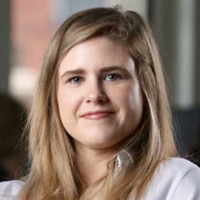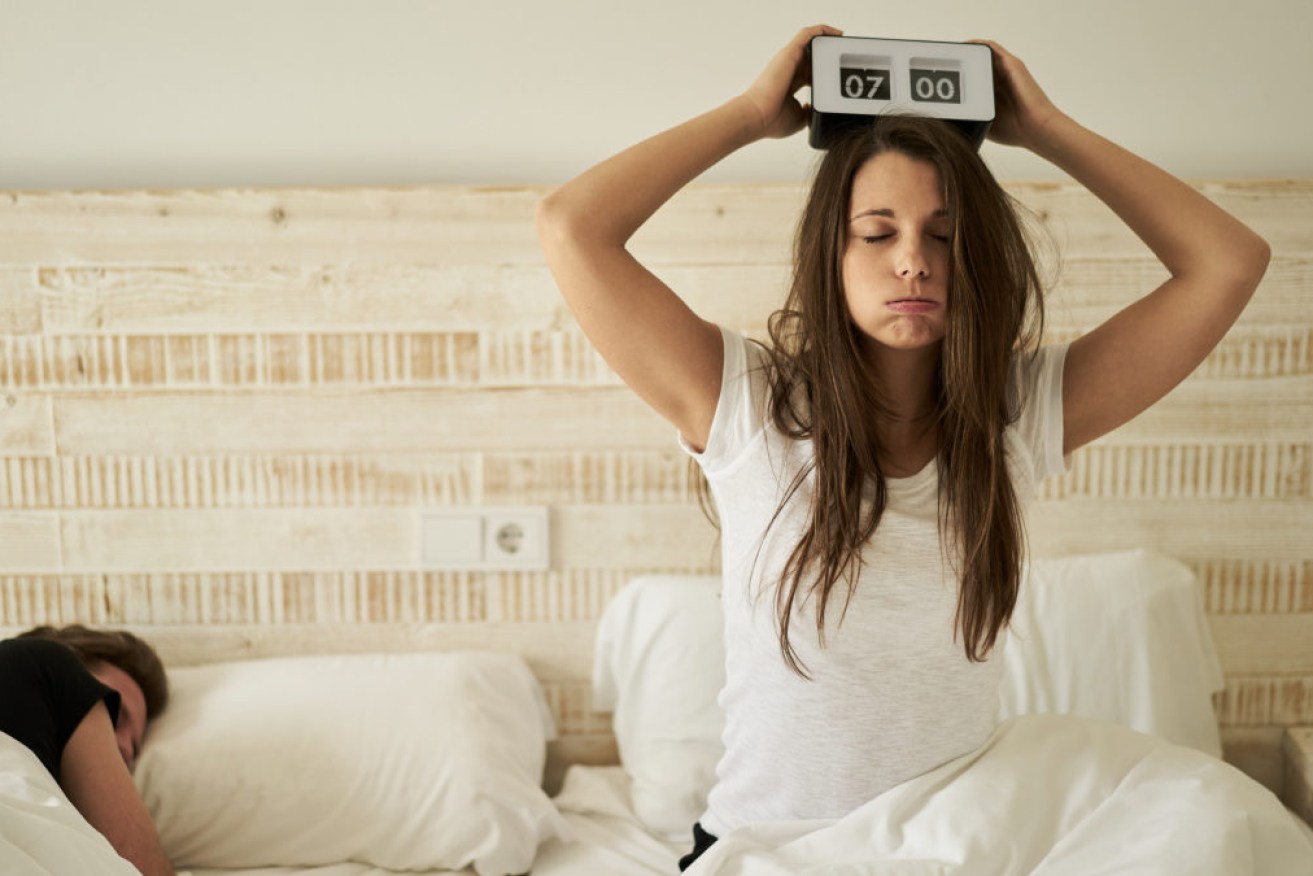Coronavirus ‘iso burnout’ won’t just fade as restrictions ease


'Isolation burnout' is starting to bite for many. Photo: Getty
Over the past two months, the world has been participating in a mass social experiment: Can we self-isolate so effectively that we slow the spread of a pandemic?
In many ways, this drastic, once-in-a-lifetime (hopefully) measure has worked: COVID-19 has in some places been halted – if not eliminated – and self-isolation restrictions are slowly being eased in countries around the world.
After so long at home, chances are many of us are tired, lonely and most likely suffering from isolation burnout.
But just because we’re suddenly allowed to resume a somewhat normal life doesn’t mean we are actually ready to.
“We’ve become, over the course of two months, used to the idea that there are no people outside,” said Dr Steven Kassem, a postdoctoral fellow at Neuroscience Research Australia.
Suddenly, as we go for our daily walk, there are all these lines and crowds – and that’s anxiety-inducing for some.”
Over the weekend, my friend and I ventured to a shopping centre to pick up a few things.
As soon as we stepped inside, we were swallowed by a crowd of hundreds: Parents pushing prams, toddlers running around shrieking in delight and couples holding hands, finally free to spend time together outside the four walls of their home.
I was utterly delighted; my friend, not so much.
“It can be very confronting, seeing all these people outside after being locked away for so long – it’s almost annoying to see them,” Dr Kassem explained.
“Social interaction will be particularly taxing on our brains, as the presence of a sudden social onset can be anxiety-inducing, much like social anxiety.”
During burnout our brains are exhausted: They are thinking a lot, being forced to make many small decisions, and suddenly being told you can leave the home and go to the shops is just another burden to add, Dr Kassem said.
Most people have been affected by the experience of isolation.
Our comfortable social routines have been turned on their head; we are no longer certain of our food supplies, personal safety, or the future of our careers.
We fear catching the virus or giving it to others. Perhaps we’ve lost a loved one, or have had to put off a significant life event like a wedding.
We are more tired, unmotivated, and in general, a little confused. And experts say that many of these symptoms are an indication of burnout.
“Burnout happens from all sorts of things and is a measurement of stress,” Dr Kassam said.
“Be it work, family, relationships or even the stress of a good story, we all have to take breaks from intense activities and periods of life.”
Burnout is most often discussed in relation to the workplace.
In fact, last year the World Health Organisation re-labelled the syndrome as an “occupational phenomenon” to better reflect that burnout is a work-based syndrome caused by chronic stress.
But if burnout only happens at work, why are so many people, many of them without work and outside of the work context, now experiencing symptoms such as feelings of energy depletion or exhaustion, increased mental distance from one’s job and life, or feelings of negativity or cynicism related to their present condition?
Burnout outside the context of work has been hugely neglected in the literature,” said University of NSW Scientia Professor Gordon Parker, a practising psychiatrist.
“I see people who have young children who are intellectually disabled who scream for hours, people whose husband left them to cope on their own, and people who have elderly relatives with dementia who require 24-hour care – they’re all suffering from burnout, but we don’t refer to it as such.”
Professor Gordon, along with the Black Dog Institute, recently led two Australian studies looking into burnout, and found that while it’s become “a shorthand for a range of negative experiences, relatively little is known about what causes it, how it differs from other psychological conditions, and how to effectively treat it”.
“While further studies are required to tease out these questions in greater depth, we can now see that this condition affects different people in the same way regardless of occupational background across a number of factors.”
People who are dutiful, conscientious and tend towards perfectionism will be suffering the most during isolation, regardless if they have work or not.
And while we’re slowly being allowed out of our homes, being forced into isolation for months has taken a toll on millions of Australians.
“Human beings are social animals, and being without the company of others for a long time takes its toll,” Professor Gordon explained.
“To be locked up is to feel claustrophobic. To feel that you lack the freedom to walk out, swing a golf club, have a coffee; all of that has an impact.”
Senior Research Fellow at the South Australian Health and Medical Research Institute (which has recently unlocked the mental health advice program, Be Well Plan) Dr Michael Musker, believes that the uncertainty surrounding daily life is still significantly affecting people’s mental health, despite the lifting of some restrictions.
The reality is we are entering the new normal, and things are going to be different,” Dr Musker said.
“The way we work, travel and socialise will be different, and our values and beliefs have been shifted during this period. You can’t just turn back to how it was.”
Many Australians’ basic needs are, for the first time in their lives, not being met.
“According to Maslow’s hierarchy of needs, level two is a safety need, and right now there are a lot of people who are not feeling safe or secure,” he said.
After a year of bushfires and a pandemic, Australia is now looking to enter its third crisis: A recession.
“The government is already foreseeing the mental health crisis coming, and has appointed Australia’s first deputy chief medical officer for mental health,” he said.
“That level of uncertainty and ill-ease will have all sorts of effects, including stocking up on essential products, spending less and going out less.”
That said, not everyone will be suffering. Experts believe it really comes down to your personality type, resilience and personal circumstances.
“Coming out after isolation is a process of opening up, and starting to use parts of our brain we have shut down,” Dr Kassem said.
“That said, I guarantee that everyone is going to enjoy the freedom once they start to re-acclimatise to the outside world.
“By July, you’ll see people having the most enjoyable social interactions they’ve ever had.”








